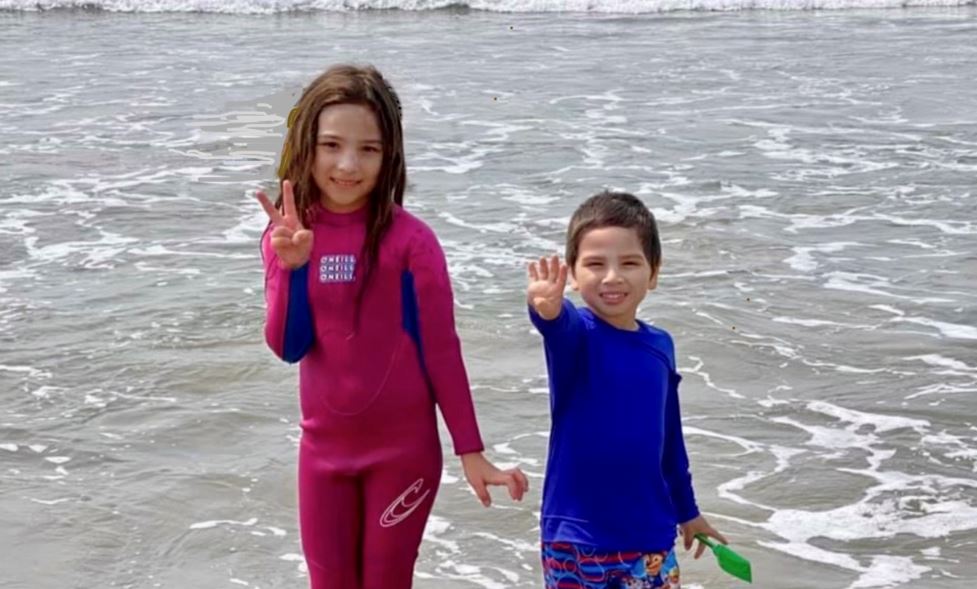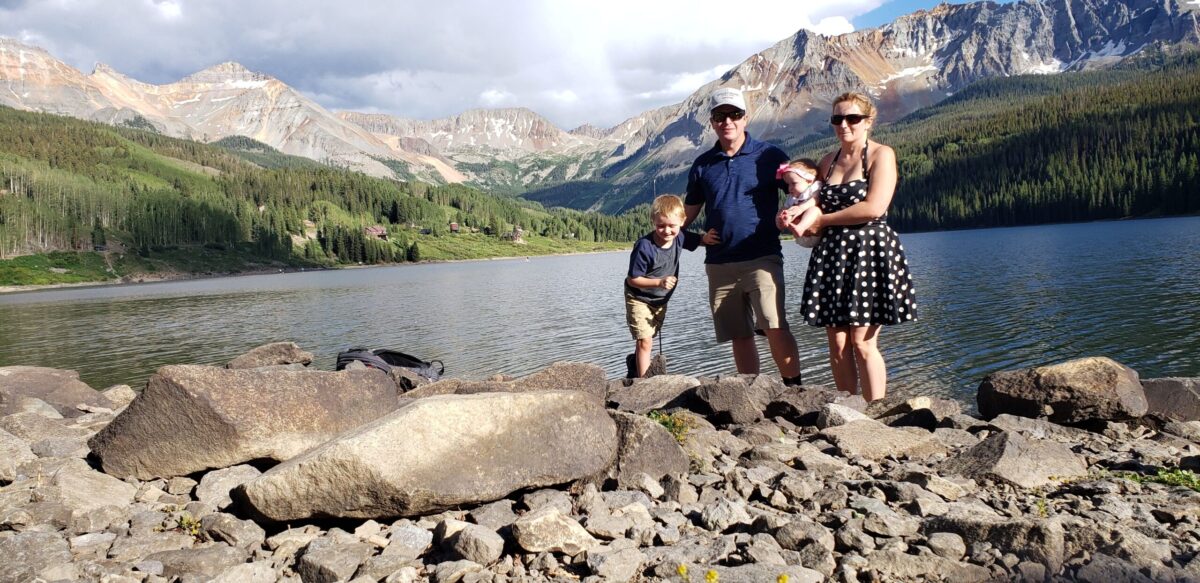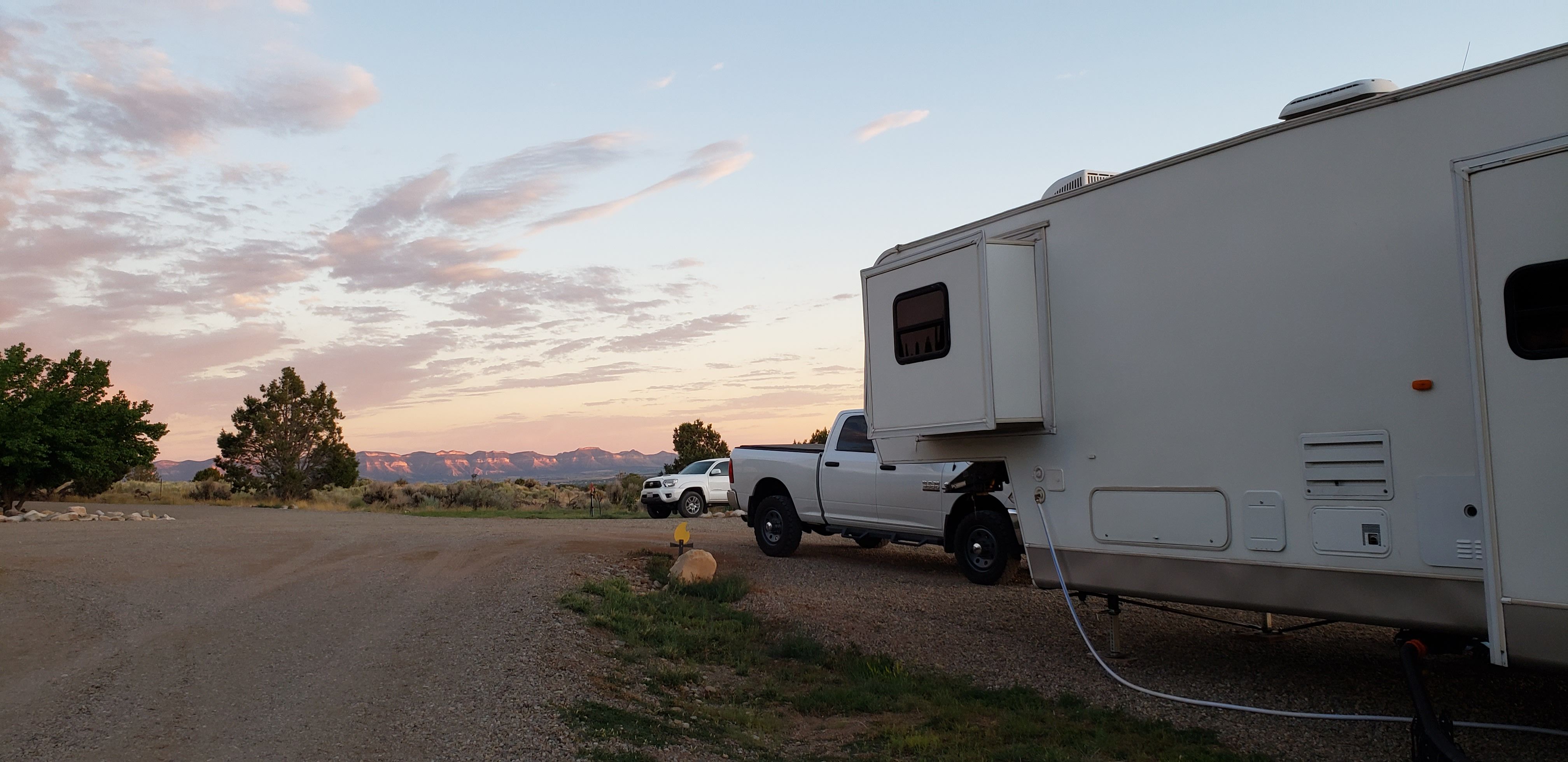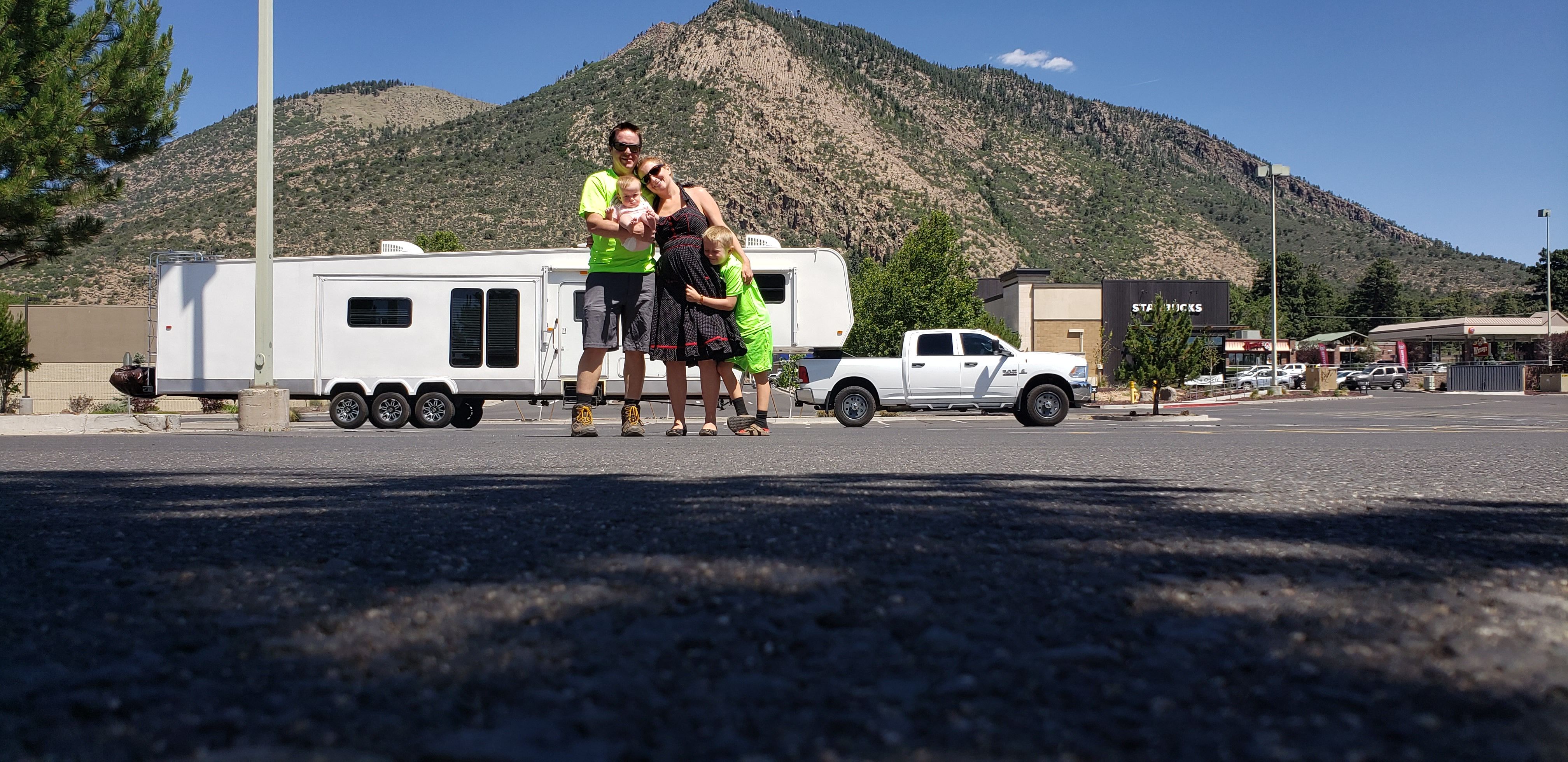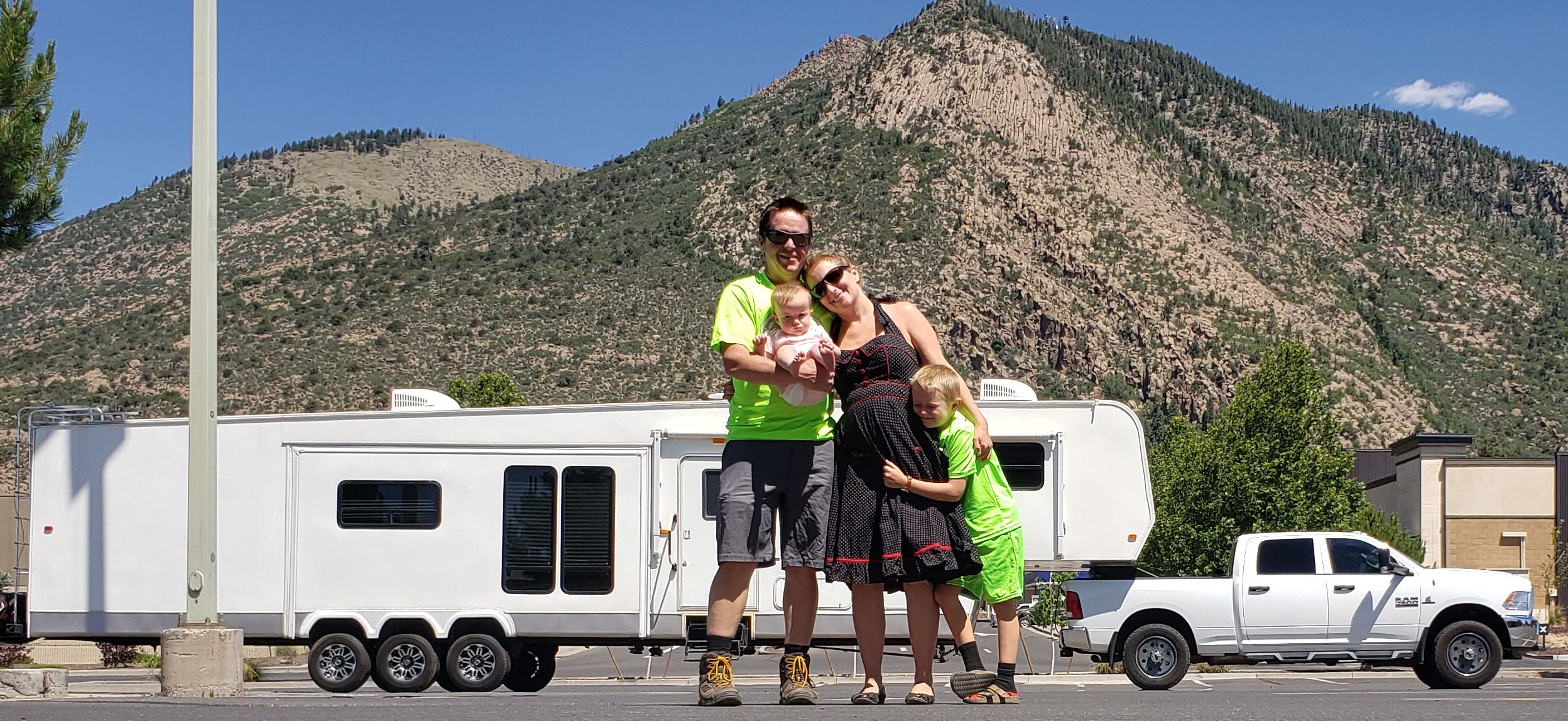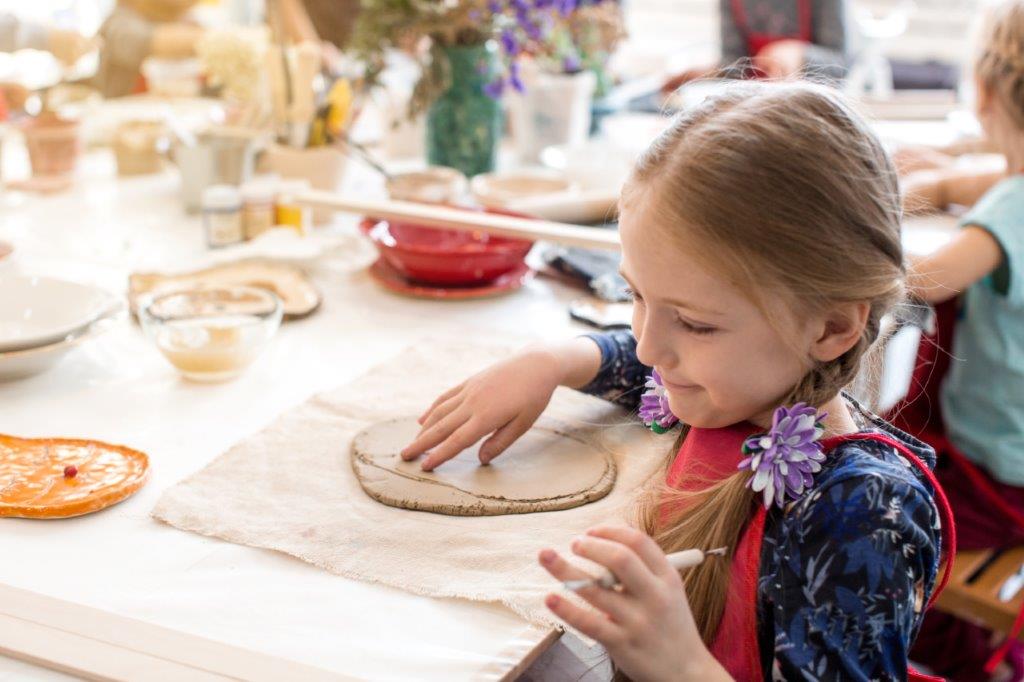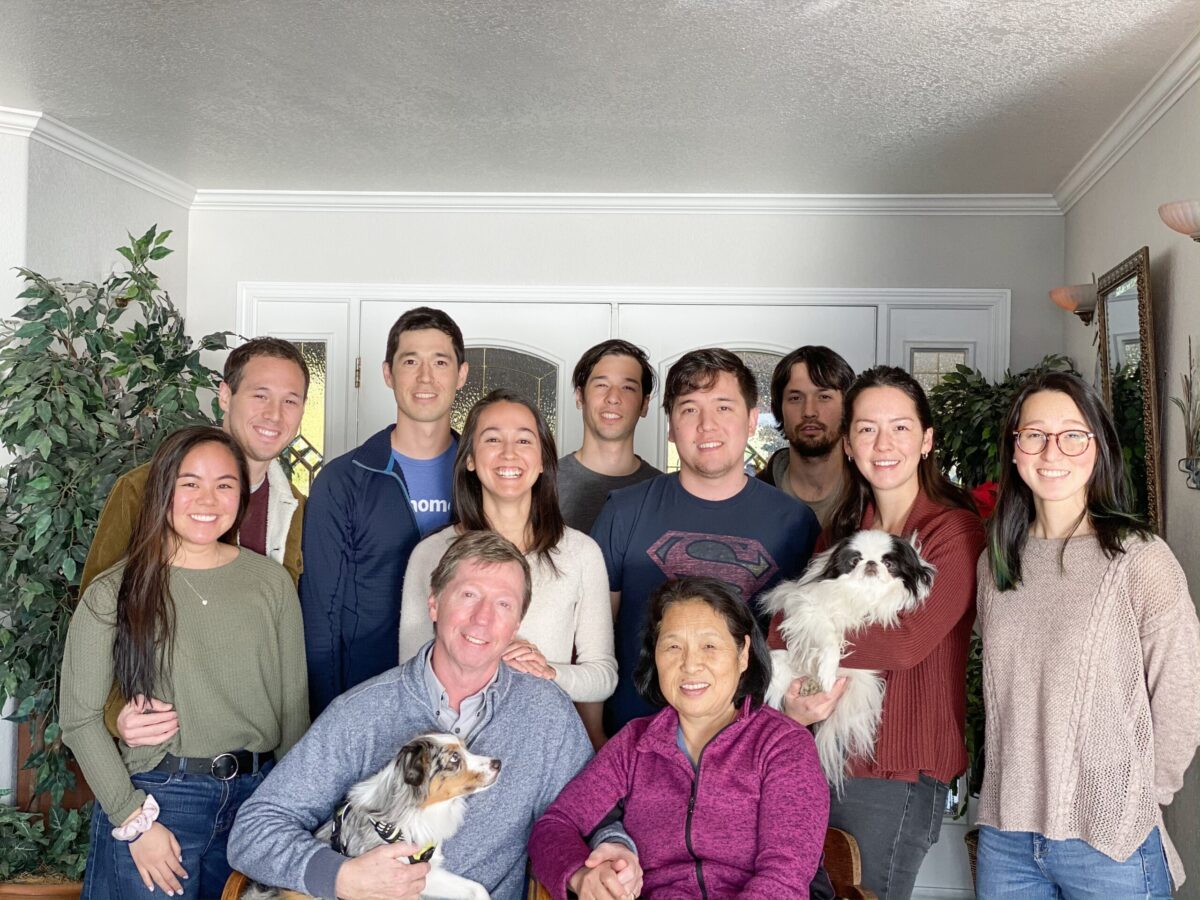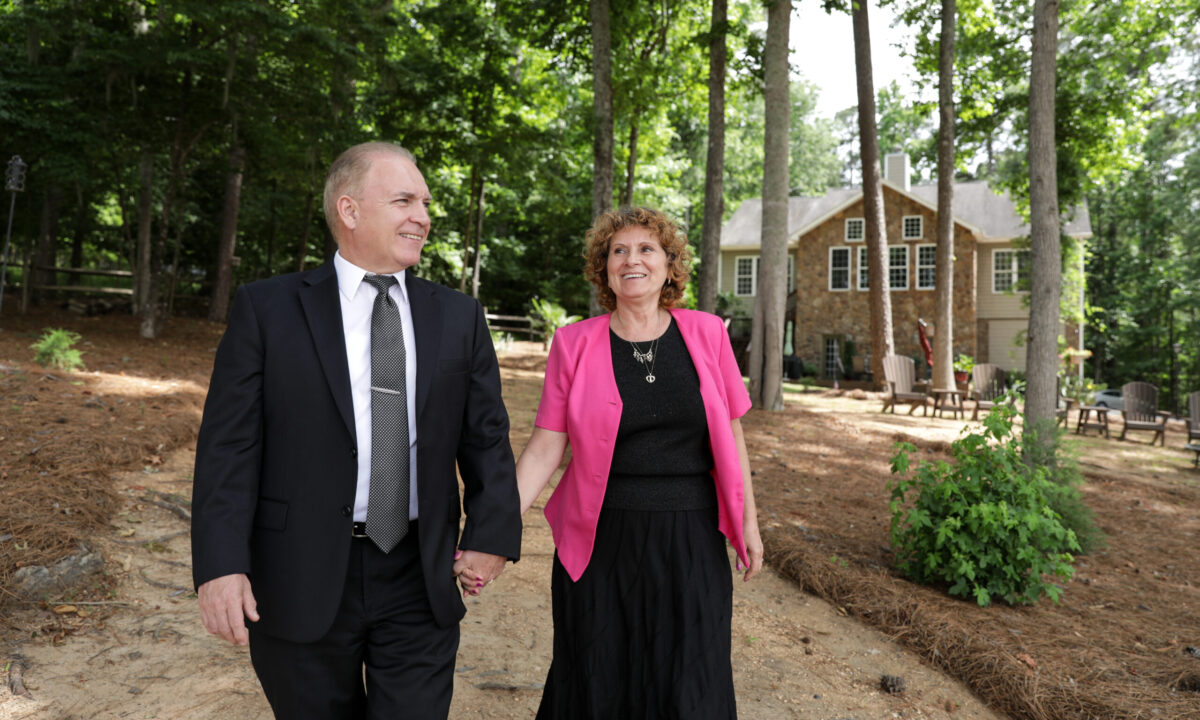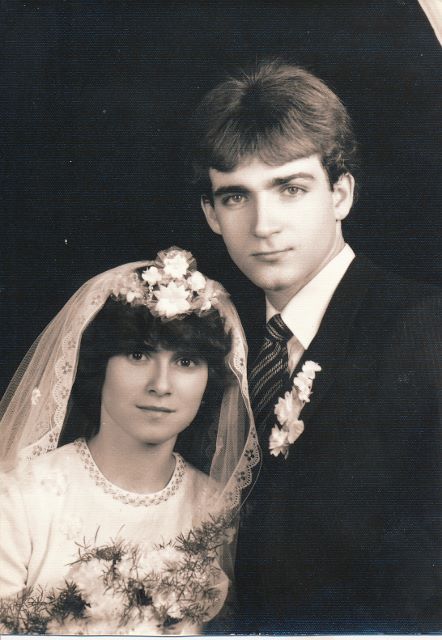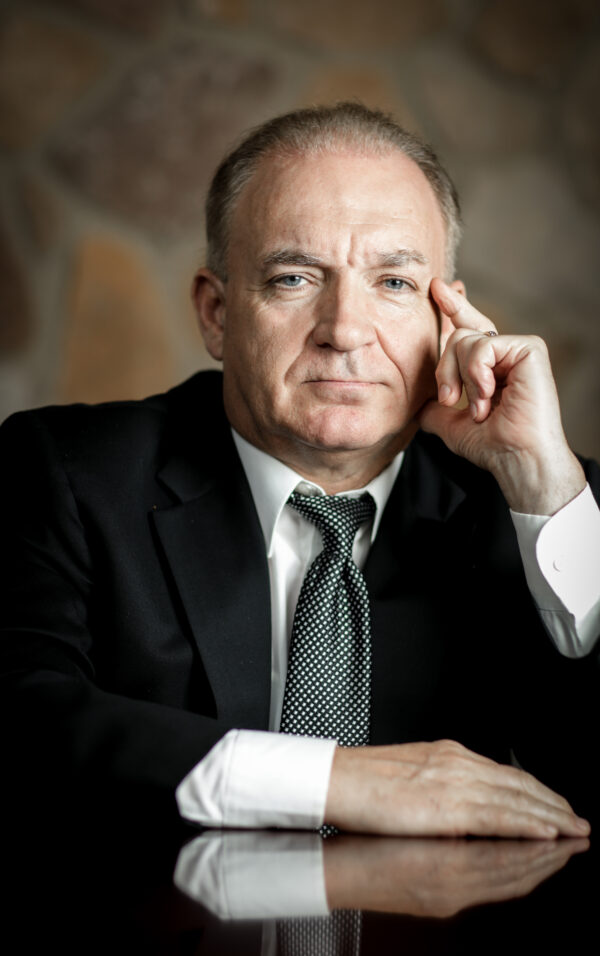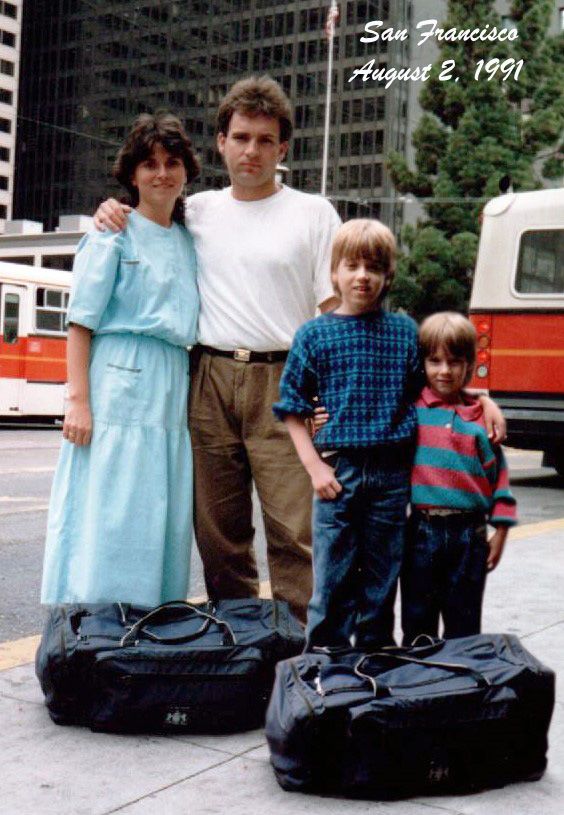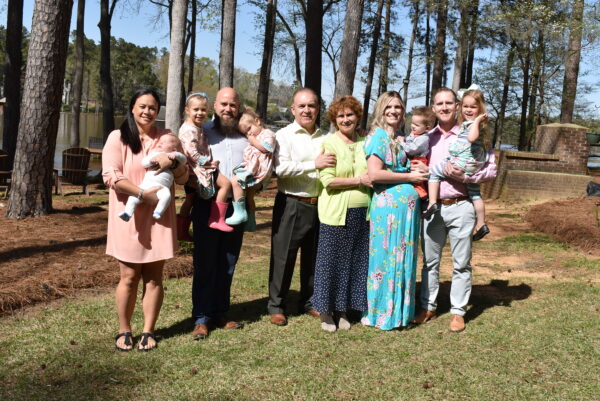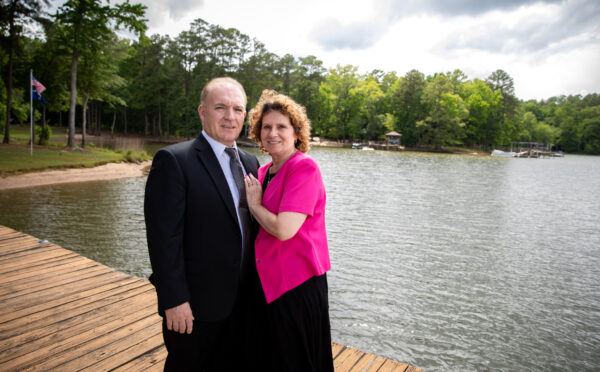I promised myself long ago that if I were ever lucky enough to have grandchildren, I would be the best grandmother! I would read to them, sing to them, take them to wonderful places, and teach them all about life. Little did I know that they would be the ones teaching me.
Mia and Tyler marvel at the world around them, whether it’s a seagull flying high above the beach, or a deer or fox at the forest feeder, gobbling up tasty leftovers. They take great delight in watching these beautiful creatures. When the first snowflakes fell, little Tyler ventured outside and glanced skyward. A look of astonishment crossed his face, but before long he was twirling in circles and squealing with delight. The first time Mia experienced rain, she was mesmerized. Her little fingers reached out and seemed to caress the raindrops, her little nose pressed tightly against the cool damp windowpane. Neither child minds the rain, and actually looks forward to a storm because, as Mia says, “I know there might be a rainbow!”
(Revel in nature’s beauty, and even when it’s familiar, never take it for granted.)
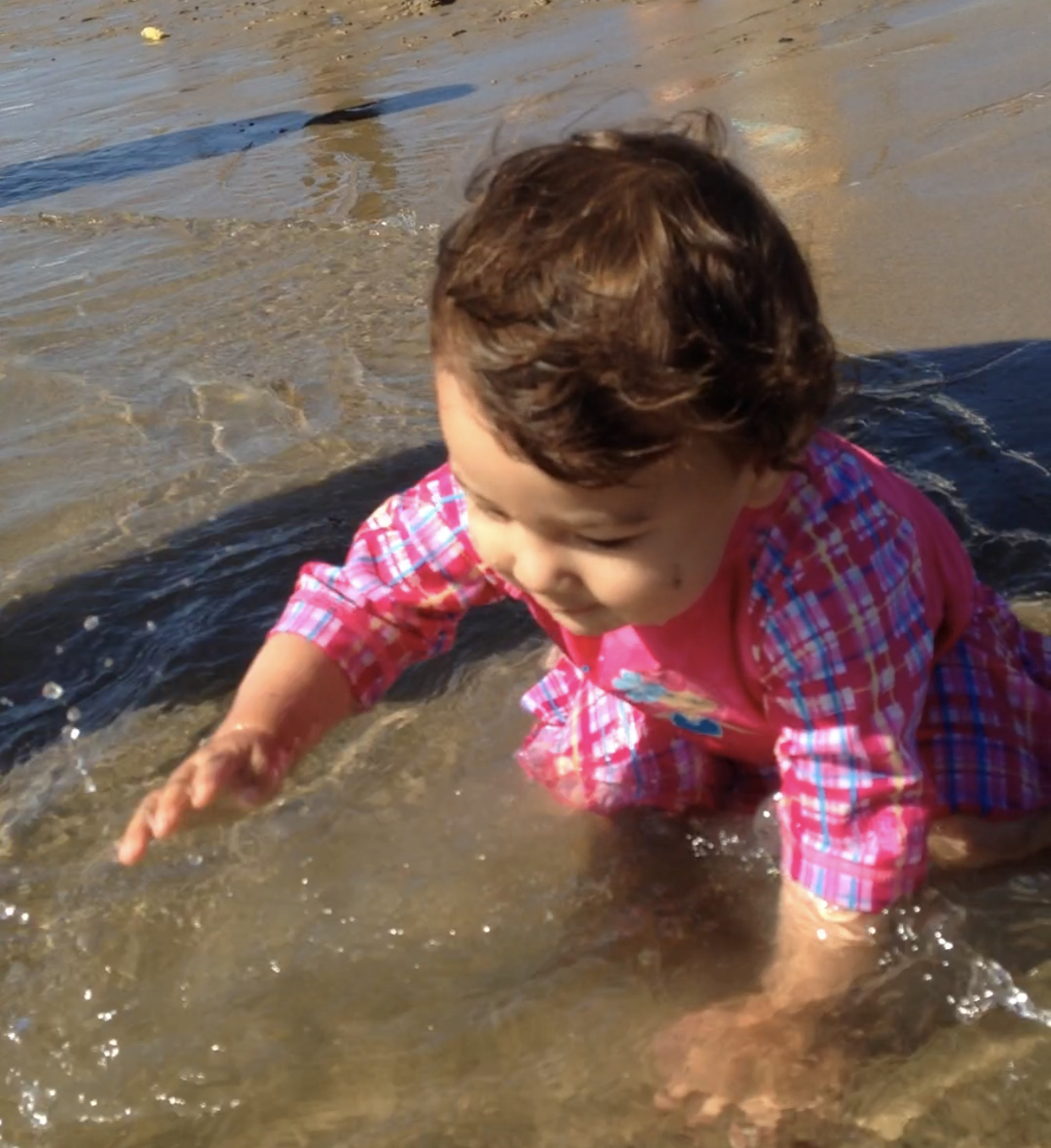
The children like trees and rocks and even pretty weeds. They’re never in too much of a hurry to “stop and smell the roses.” A tiny blossom, a little feather, a shell on the beach, or even a “perfect stick” is special. On our walks, they take delight in a passing dog, a stray cat, or a garden lizard. Tyler is ever on the lookout for fire engines, police cars, and passing trains.
When these two aren’t looking around, they’re looking up … at beautiful fluffy clouds, debating which animal they look like.
(Look around. Take the time to appreciate everything in your world.)

My little ones study people and gravitate toward those who are nice and friendly. They aren’t afraid to make new friends, and while playing in a park, Mia will go up to a random child and ask, “Do you want to be my friend today?” From his balcony or bedroom window, Tyler calls out to greet passers-by whether he knows them or not. And if either one is rebuffed, they aren’t bothered. They simply engage with someone else.
(Never take yourself too seriously. Sometimes you just have to move on.)
Before they could even walk, they couldn’t wait to venture out into the pounding surf, crawling like baby turtles, straight to the sea. And now they both charge full speed ahead to meet the waves, unaware of what they might be getting themselves into. As toddlers, they were afraid to cross over the three-inch gap leading into our home elevator and would wait for me to lift them across. I remember the day Mia studied that gap and then scurried over it! Once inside, she turned to me with the biggest grin, cheered herself with a big “yay,” and gave herself a hearty round of applause. These days after building up their courage at the park, they aren’t afraid to take chances. They’d climb the highest monkey bars or ride the zip line, their fear dissipating after the first try.
(“Sometimes the only method of transportation is a leap of faith.”)
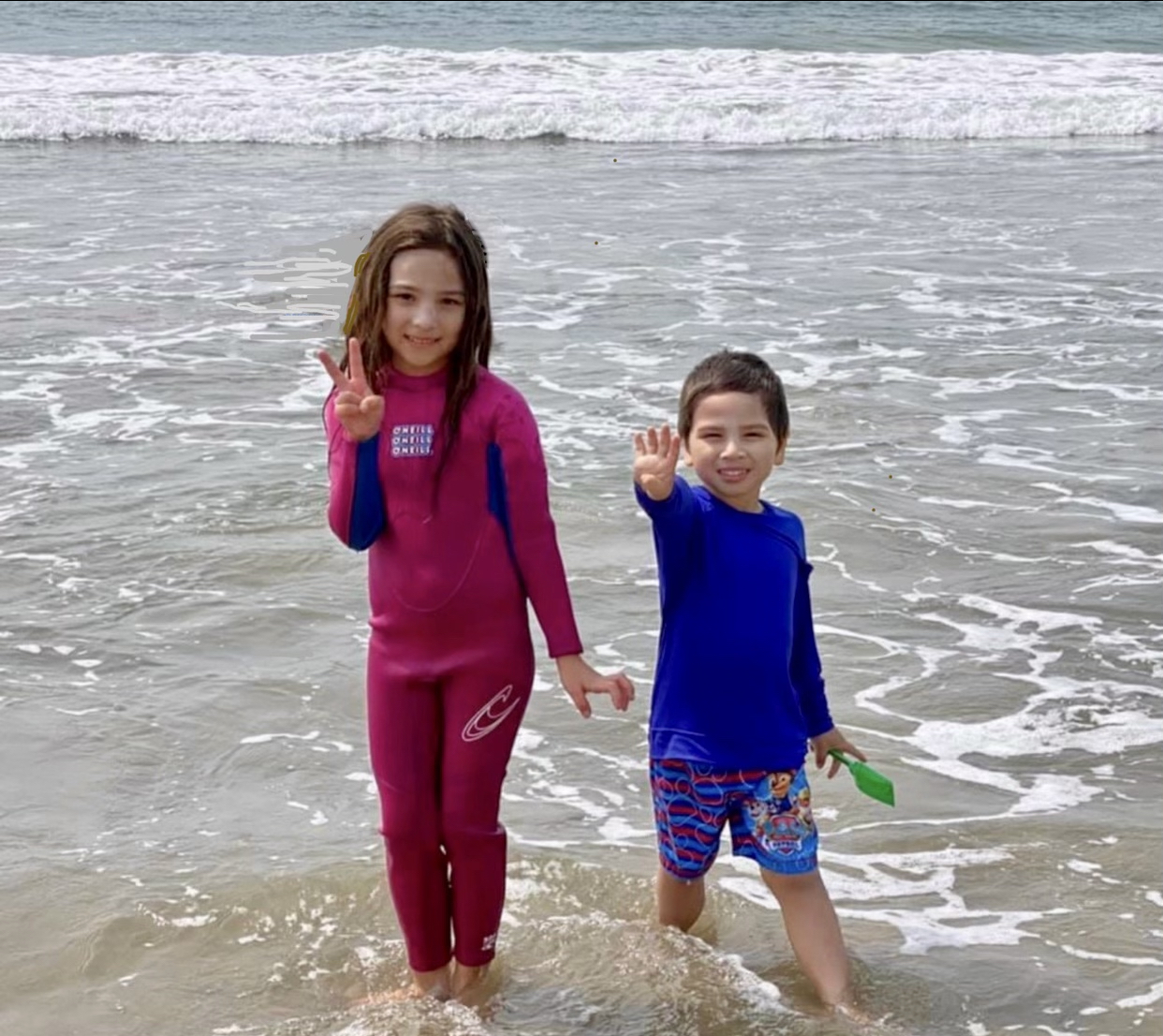
These two are ever eager to try new tasks. Never mind the results. Mia insists on pulling weeds, deadheading flowers, or watering pots in my garden. Both she and her cousin love helping in the kitchen, stirring, baking, or dipping strawberries into creamy chocolate. They want to learn how things are done and “Please! Let me try!” is their mantra. Both have mastered bicycle riding, without training wheels. Tumble after tumble, scraped knees and all, nothing diminished their enthusiasm. Now they’re learning to swim, jumping headlong into their daddies’ arms and then attempting to reach the pool’s edge on their own. I can’t remember a time when either one has said, “I don’t think I can do that.”
(Never quit. Never stop learning. Have faith in yourself.)
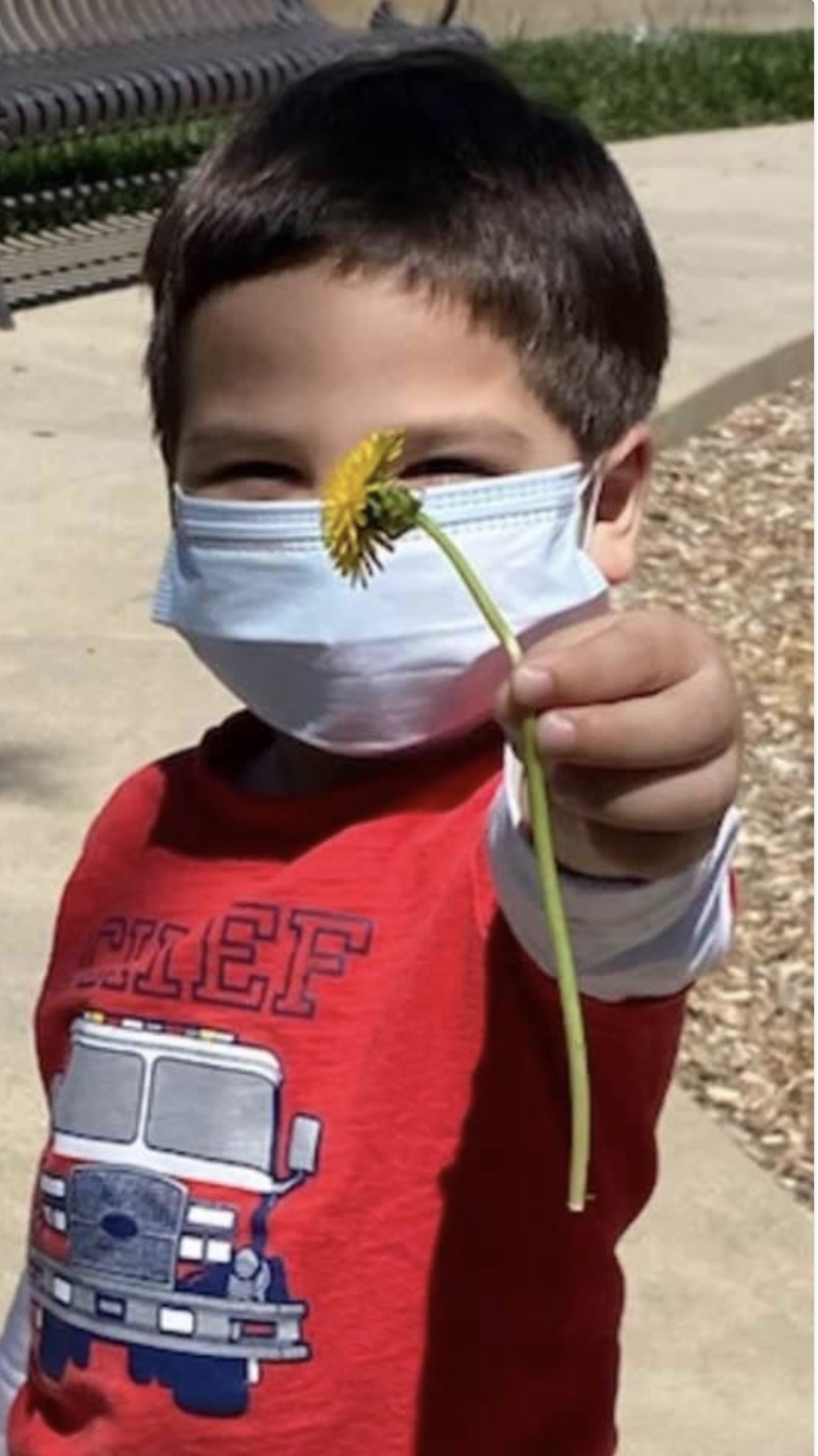
If the children try new food and dislike it, they let me know. They feel free (very free!) to tell me where they want to go … the park, the beach, McDonald’s … and what they want to do (which rarely involves school work!)
Even if they don’t know all the words to a song, they sing out loud no matter who is listening. They dance like everyone is watching. If they’re sad, they tell me, ask for a hug, and then reach for a favorite toy or blanket for comfort.
(Say no to things you don’t want, and do what makes your heart happy.)
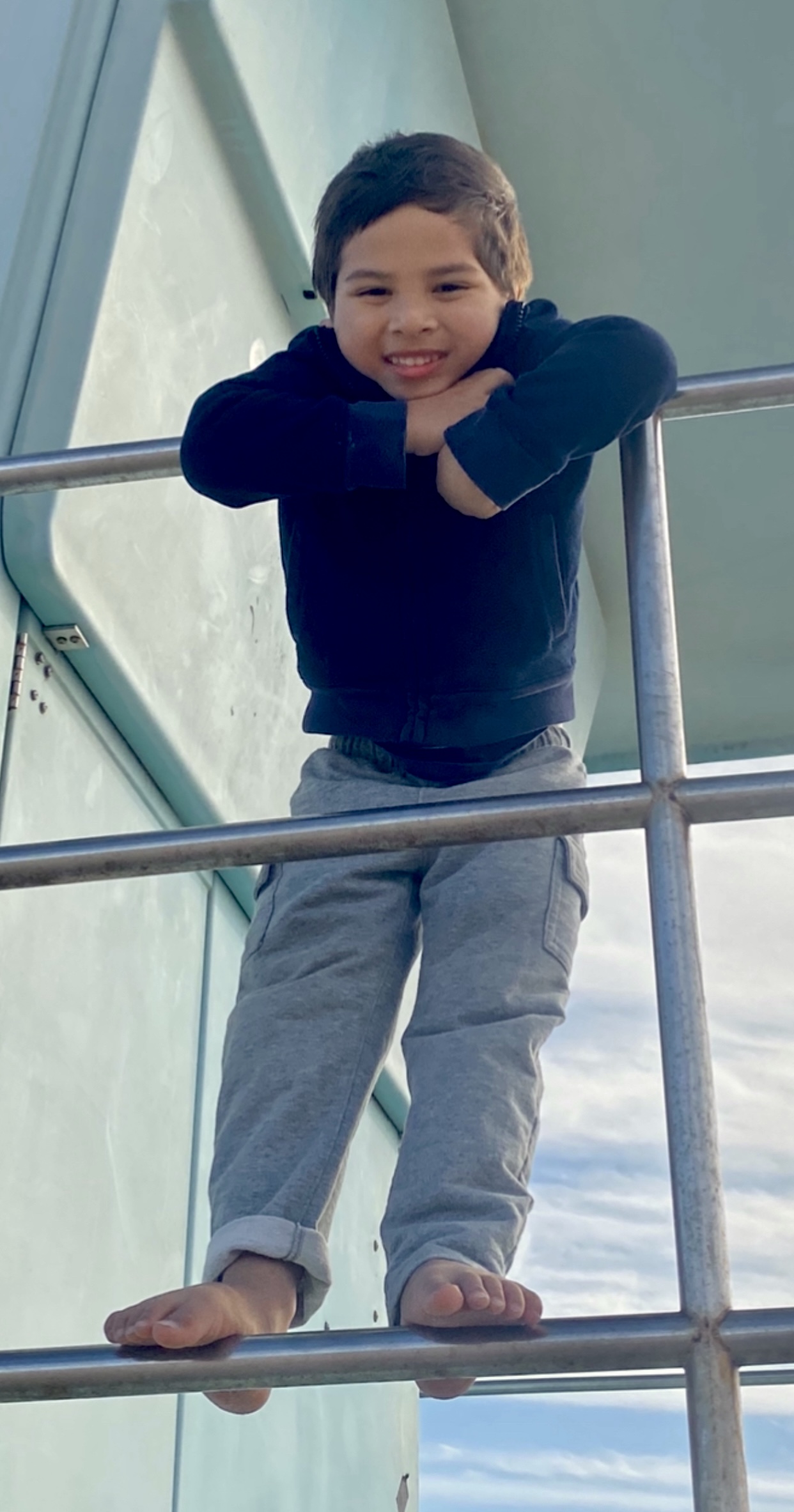
Mia and Tyler have learned to be very flexible. Their activities, meals, and bedtimes often depend on their parents’ busy schedules. Some days, they are popped in and out of car seats and shopping carts several times a day. When they travel, a change in routine, unfamiliar surroundings, and sleeping in a different bed doesn’t bother them. They’re aware that tomorrow might be completely different from today. No matter.
(Get some sleep. Tomorrow will take care of itself.)
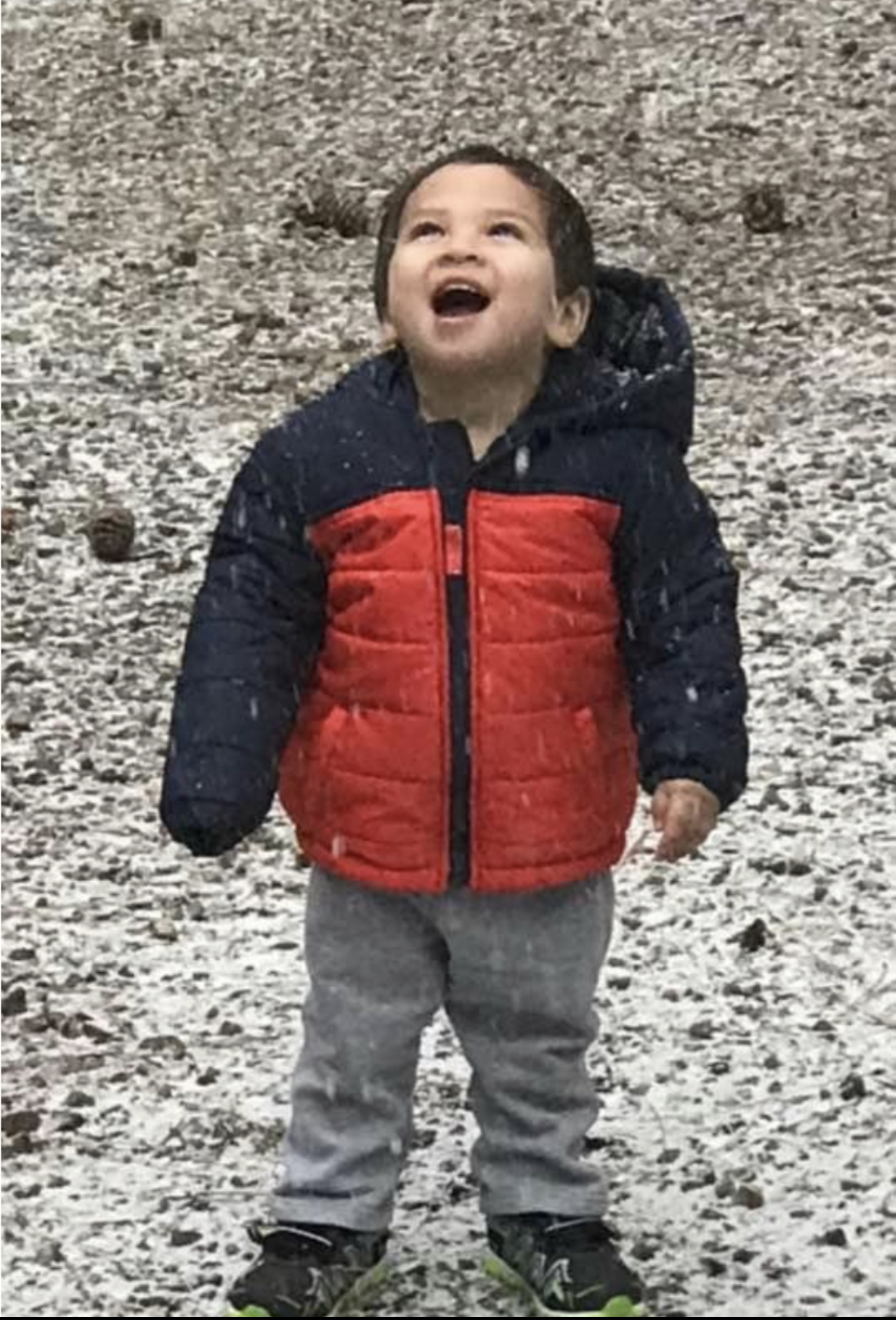
My grandchildren are only 5 and 6 years old. Unlike mine, their skin is tight and smooth. Their hair is silky and shiny. They have energy to burn while my flame often smolders. But none of this makes any difference to them. They sense the gentleness in my heart and see the love in my eyes. They look past the wrinkles and the gray and love me just the way I am. I know, because they tell me so many times a day. They are the essence of unconditional love.
(Tell your loved ones you love them every chance you get … and love them with everything you have.)
I have much to learn.
Karen Brazas is a retired high school English teacher and creative writing instructor who taught in California, China, and Lithuania. She worked and studied in 35 countries with the Semester at Sea program. Karen is a wife, mother, and grandmother, and now lives in Nevada City, California, and Channel Islands, California.

